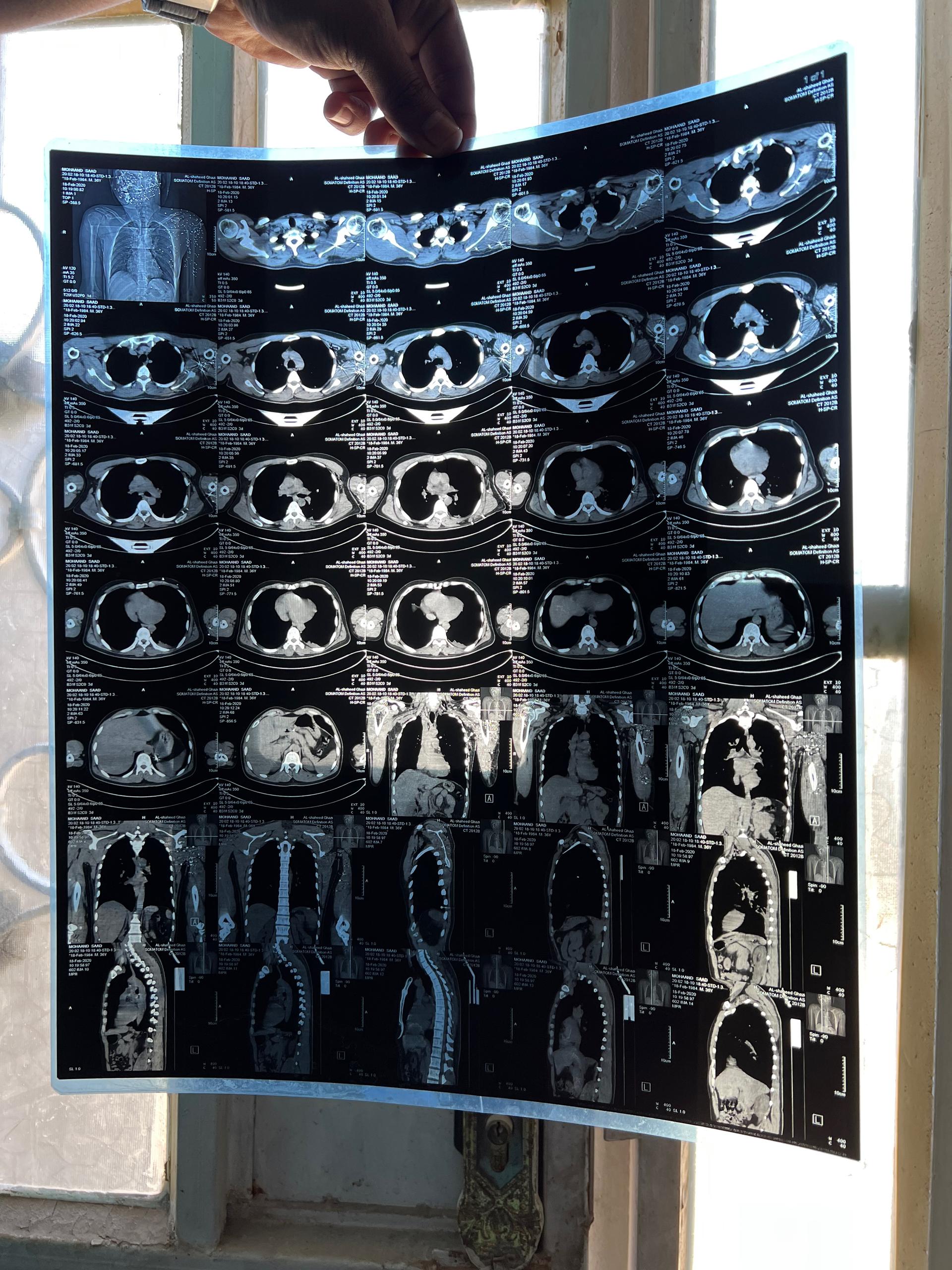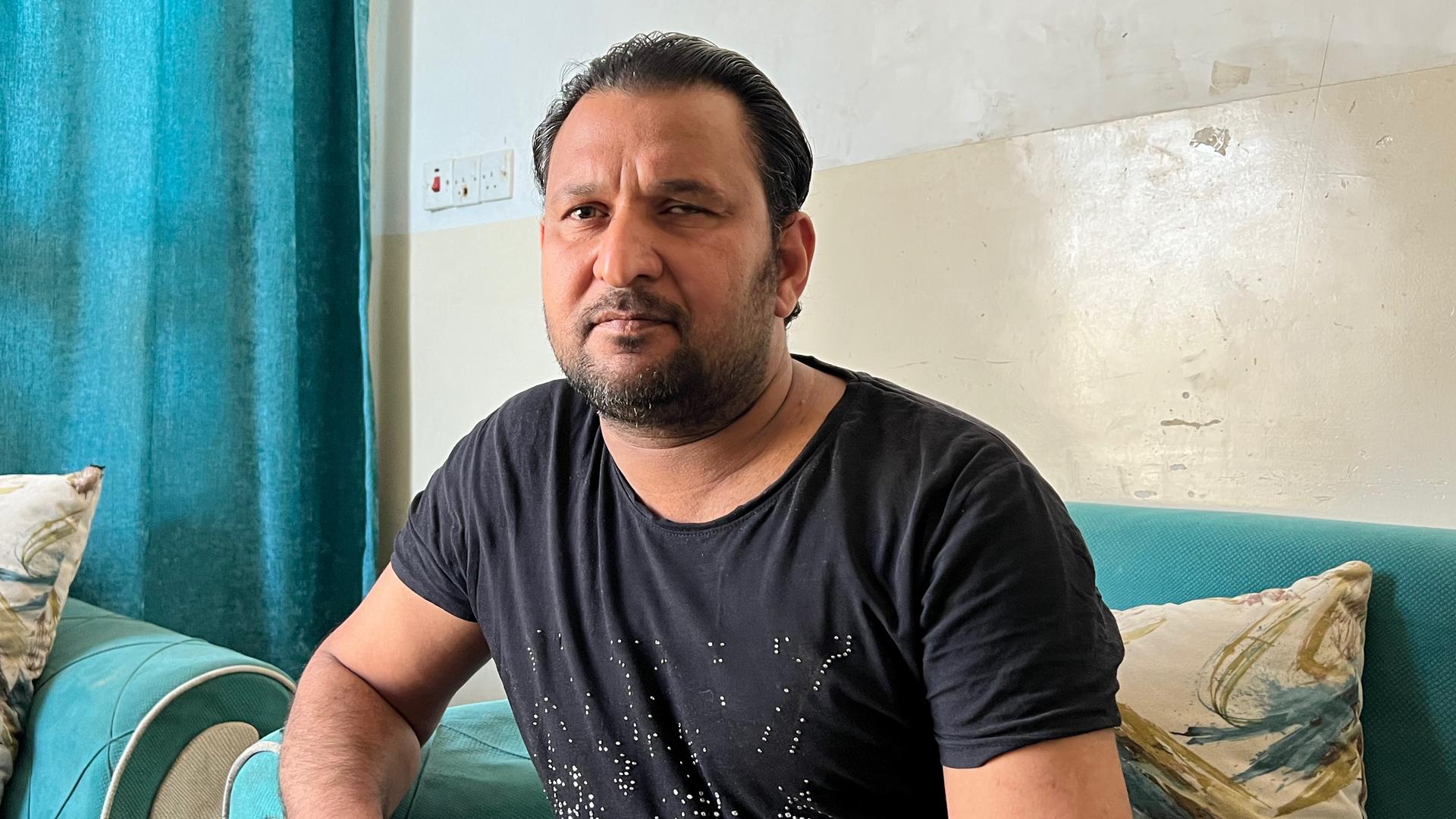This Iraqi lost an eye in a protest. He’s still fighting for ‘real democracy.’
Mohannad Saad Mohammad got involved early on with the anti-government Tishreen or the October movement, which began sweeping Iraq in 2019.
“My friends are all poor like me,” Mohammad explained. “We all went out to protest because most of us were jobless. We were seeking a better nation.”
They demanded an end to corruption, more job opportunities and better living conditions. The Tishreen protests, which continued through 2021, forced Iraq’s Prime Minister Adel Abdul Mahdi to resign.
But today, the country still struggles with political infighting and corruption.
“What we have in this country is a fake democracy,” Mohammad said. “A real democracy is where people can speak their minds freely. Where elections are fair and people don’t get killed just for protesting.”
Under the previous regime, he said, “The Shias were marginalized. But Saddam Hussein has been gone for a long time. Even though Shias have power in the government now, we are still suffering.”
So, Mohammad said he is still fighting, even though he has already paid a heavy price for his activism.
Crackdown on protesters
During a demonstration on Feb. 16, 2020, which turned violent, 38-year-old Mohammad lost one eye — the other was severely damaged.
Mohammad is just one of hundreds of protesters who ended up with severe eye injuries after the crackdown. According to the United Nations, nearly 500 protesters were killed and about 8,000 more were injured in just the first few weeks of Iraq’s uprising.
Amnesty International reported that anti-riot police fired tear gas canisters at protesters, even targeting their heads, in some cases, at point-blank range.
Mohammad said he is not sure who his attackers were. Maybe Iraqi security forces or members of one of the country’s powerful militias.
Afterward, at the hospital, security forces showed up looking for him, he said. Hospital staff formed a human shield around him, and they managed to stop them from detaining Mohammad and other injured protesters.
Then, in the middle of the night, the staff helped smuggle him out of the hospital in a trash can.
Mohammad said that doctors told him that he is lucky to be alive; X-rays show dozens of pellets lodged in his head and upper body. Some of them could not be removed.

Mohammad, no longer able to work, had to give up his home in the city. He now lives on the outskirts of Baghdad with his wife and four children. They survive on donations, he said.
But losing his eyesight hasn’t stopped Mohammad from going to the streets. In fact, just recently, he was out protesting again.
“I know that I could be either killed or imprisoned, but I breathe for Iraq. This is the path that I have chosen and if I die, it will be the greatest honor of my life.”
